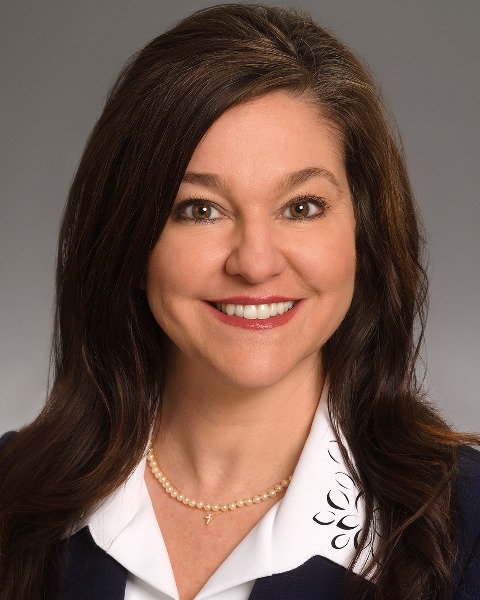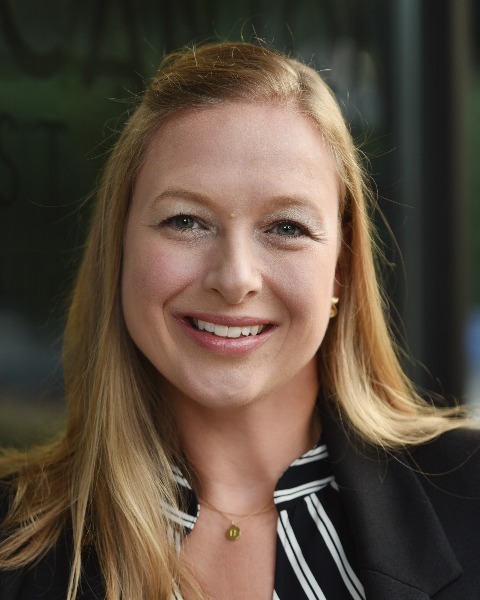The Relationship Between Procedural Confidence and Procedural Competence of APPs in the ICU
-

Aimee Abide, PA-C, MMSc,FCCM
Emory University Hospital Midtown
Atlanta, GeorgiaDisclosure information not submitted.
-
DC
David Carpenter, PA-C, MPAS, DFAAPA
Co-director of ECCC Quality
Emory University Hospital
Atlanta, Georgia, United StatesDisclosure information not submitted.
-
KX
-
AK
-

First Author(s)
Co-Author(s)
Title: The Relationship Between Procedural Confidence and Procedural Competence of APPs in the ICU.
Introduction: Many New Graduate Advanced Practice Providers (APPs) Lack Confidence in ICU Procedural Skills. In Response, Healthcare Organizations have Developed APP Fellowship Programs to Support Development of These Skills. This Study Describes the Relationship Between Confidence and Procedural Competency of APPs.
Methods: This Was a Retrospective Study of 15 APP Critical Care Fellows Over 6 Years. A Survey was Used to Measure Trainee Confidence in ICU Procedures as a 10 Question Likert Scale (1-5). The Survey was Completed at the Beginning and End of the Fellowship Program. Numbers of Procedures Were Collected. Procedures Were Intubations, Arterial and Central Line Placement. The Trainees Were Split into Terciles Based on Pre-Test Confidence Scores (T1 < 1.9, T2 1.9 - 2.1, T3 > 2.1). Spearman Method was Used to Compare Pre/ Posttest Confidence Scores. Wilcoxon Mann Whitney Test Was Used to Compare Interaction Between Number of Procedures and Confidence Scores.
Results: The Average Confidence Pre-Score Was 2.09 and the Average Confidence Post-Score was 4.32 With an Average Increase in Confidence of 2.23 (p< 0.001). When Comparing Pre/ Post Test Scores, There was No Significant Correlation Between the Number of Procedures Performed and Confidence. Trainees With Low Confidence, T1, Had the Highest Increase in Confidence, 2.59 Confidence Increase Followed by T2 With a 2.36 Confidence Increase, Followed by T3 With 1.74 (T1 vs. T3 p=0.016). Trainees in the Low Confidence Group, T1, Completed the Fewest Procedures (57.2), Compared to T2 (89.0), and T3 (104.2) (T1 vs. T3 p=0.0216). Analyzing the Inflection Point Reveals that 80 Procedures May Be the Target Number of Procedures to Boost the Best Confidence for Trainees.
Conclusion: While the Fellowship Training Program Increased the Trainee’s Confidence, there was No Correlation Between the Number of Procedures Completed and Confidence. Based on the Trainee’s Pre-Confidence Scores; Training Programs Can Tailor the Educational Experience to Optimize Confidence. For Our Program, Trainees With Lower Confidence Pre-Scores Are Less Likely to Undertake Procedures. This Suggests a Need to Arrange Procedural Experiences Specific to the Trainee Based on Different Levels of a Trainee’s Pre-Confidence Score, Which can Enhance Program Efficiency and Optimize the Training Experience.
